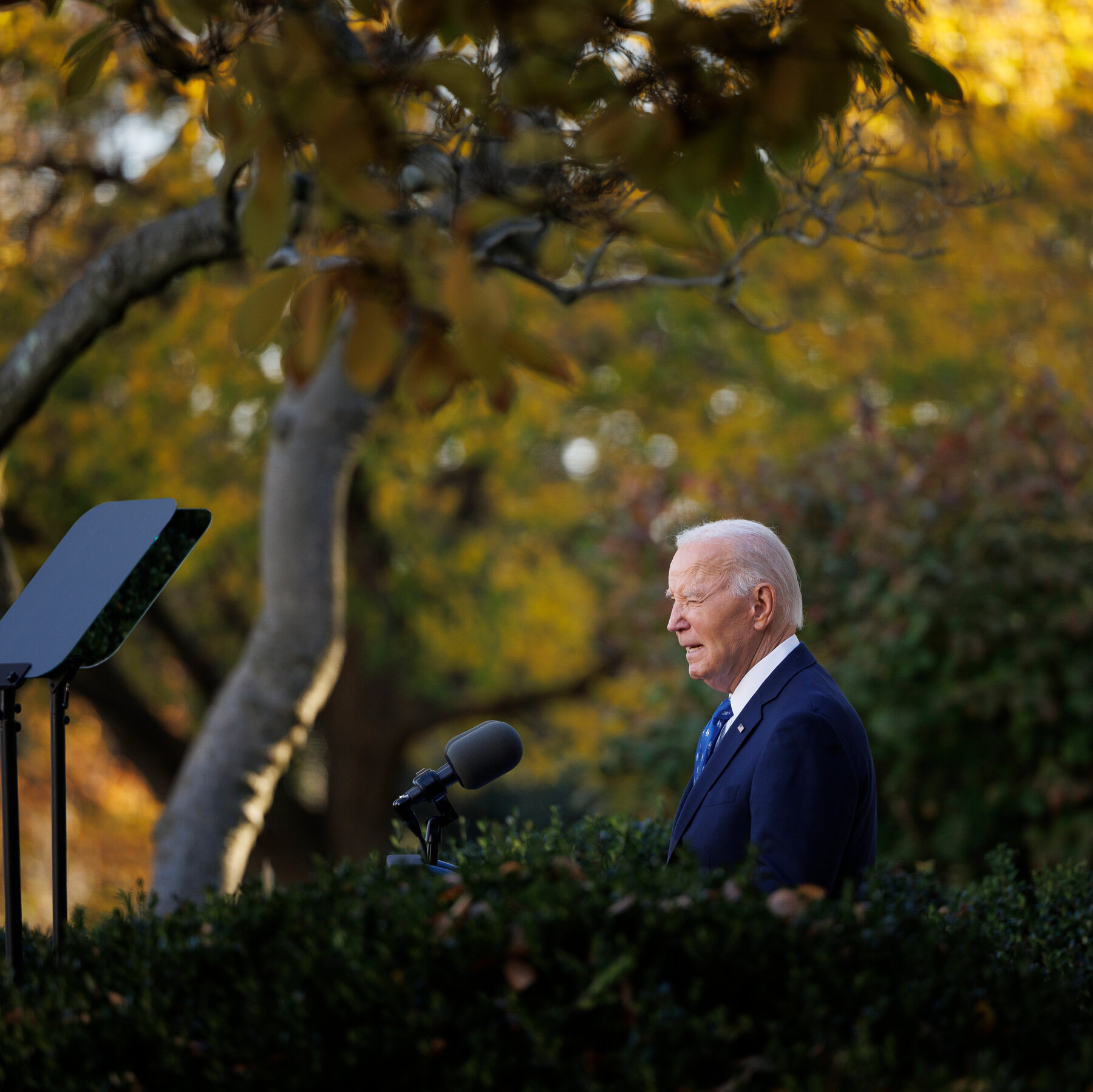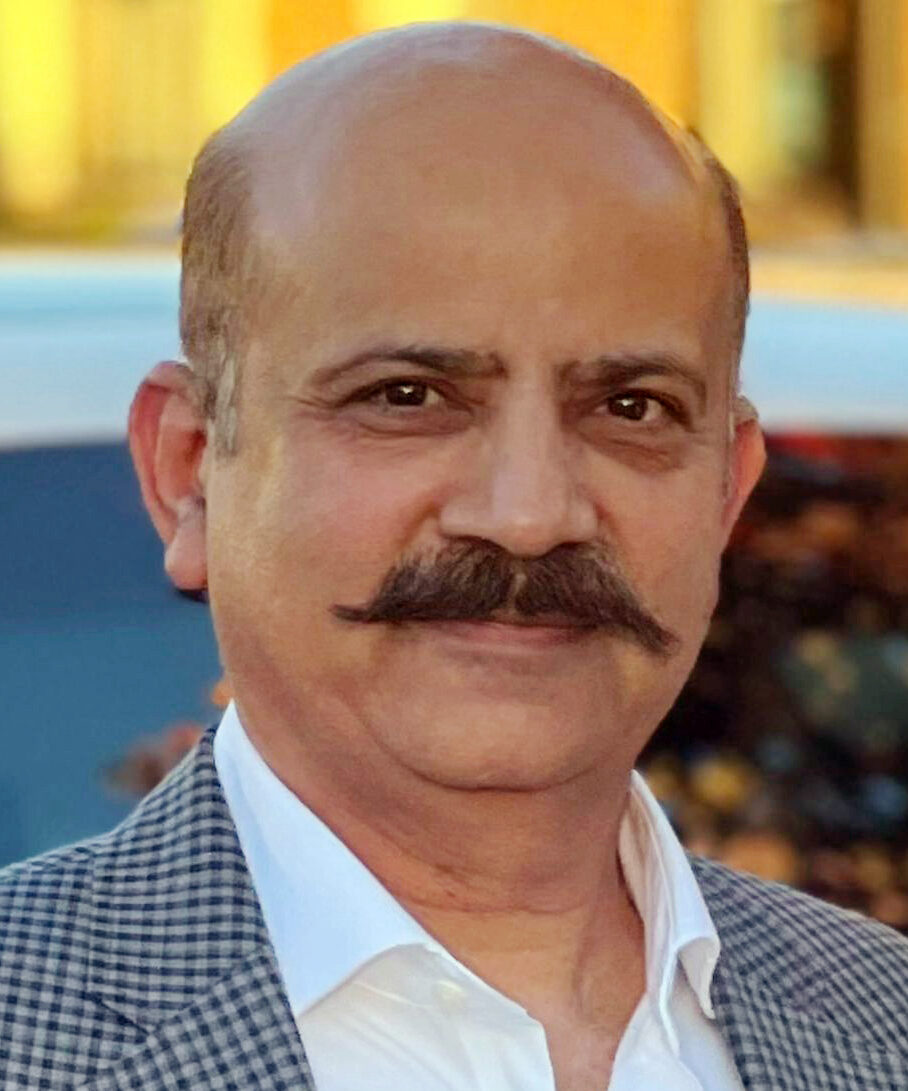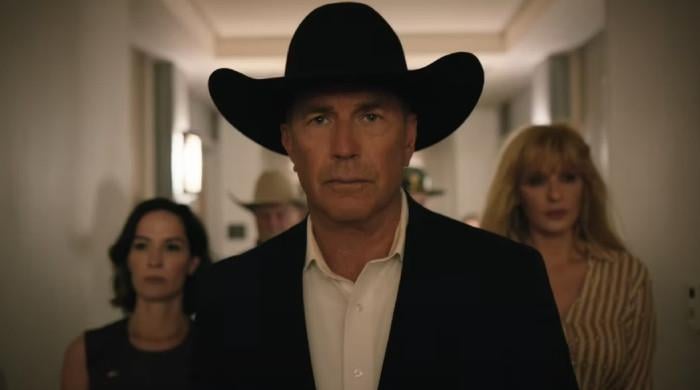Biden Announces Cease-Fire Deal Between Israel and Lebanon

The deal should end more than a year of fighting between Israel and Hezbollah, and President Biden said he hoped it would also facilitate an end to the hostilities in Gaza.
Video
transcript
transcript
Biden Announces Israel and Lebanon Cease-Fire Deal
President Biden praised the truce, which would stop the fighting between Israel and the Lebanese armed group Hezbollah.
-
Under the deal reached today, effective at 4 a.m. tomorrow local time, the fighting across the Lebanese-Israeli border will end. Will end. This is designed to be a permanent cessation of hostilities. What is left of Hezbollah and other terrorist organizations will not be allowed. Civilians on both sides will soon be able to safely return to their communities, and begin to rebuild their homes, their schools, their farms, their businesses and their very lives. We are determined that this conflict will not be just another cycle of violence. We, along with France and others, will provide the necessary assistance to make sure this deal is implemented fully and effectively. Let me be clear: If Hezbollah or anyone else breaks the deal and poses a direct threat to Israel, then Israel retains the right to self-defense, consistent with international law. And just as the Lebanese people deserve a future of security and prosperity, so do the people of Gaza. They too deserve an end to the fighting and displacement.

President Biden hailed a new U.S.-brokered cease-fire in Lebanon on Tuesday, calling it an opportunity to begin restoring peace to the Middle East after more than a year of unremitting war between Israel and its adversaries.
“Under the deal reached today, effective at 4 a.m. tomorrow local time, the fighting across the Lebanese-Israeli border will end,” Mr. Biden said. “This is designed to be a permanent cessation of hostilities. What is left of Hezbollah and other terrorist organizations will not be allowed — I emphasize, will not be allowed — to threaten the security of Israel again.”
Mr. Biden appeared in the White House Rose Garden shortly after the forces in the region agreed to the cease-fire, a hopeful moment for him and his team after months of painstaking and, until now, largely fruitless negotiations.
He said the agreement would allow hundreds of thousands of civilians in both Israel and Lebanon to return home; provide security guarantees for Israel; and create an opportunity for renewed sovereignty for Lebanon.
Mr. Biden said that the United States and France would work to ensure that the agreement was successfully enacted, but he repeated that no American combat troops would be involved in the effort. “We’re determined this conflict will not be just another cycle of violence,” he said.
Mr. Biden said he would now make a fresh effort with Egypt, Qatar and Turkey to broker a parallel cease-fire between Israel and Hamas to end the fighting in Gaza, whose people have endured cataclysmic violence that the president described in visceral terms. “They too deserve an end to the fighting and displacement,” Mr. Biden said. “The people of Gaza have been through hell. Their world has been absolutely shattered. Far too many civilians in Gaza have suffered far too much.”
Mr. Biden laid most of the blame for the continuing fighting in Gaza with Hamas, which “has refused for months and months to negotiate a good faith cease-fire and a hostage deal,” he said. But he also called on Israel to be as “bold” as it had been on the battlefield in “turning tactical gains against Iran and its proxies into a coherent strategy.”
With 55 days until he leaves office, Mr. Biden renewed his determination to seek a broader deal between Saudi Arabia and Israel that would normalize relations between the two longtime adversaries, create a credible pathway to a Palestinian state and transform the future of the region. The Lebanon deal, he said, could pave the way.
“It reminds us that peace is possible,” he said. “I say that again: Peace is possible. As long as that is the case, I’ll not for a single moment stop working to achieve it.”
Peter Baker is the chief White House correspondent for The Times. He has covered the last five presidents and sometimes writes analytical pieces that place presidents and their administrations in a larger context and historical framework. More about Peter Baker






